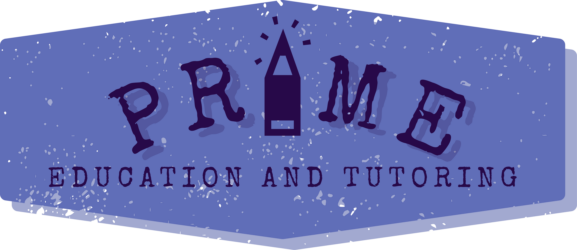This is brief summary of John May’s lectures on mastering school subjects, as he identifies the cataclysmic consequences of the current cycle many students and teachers experience: cram-pass-forget. In turn, he offers the solution,
learning-mastering-retaining.
John Mays, a teacher and writer, is passionate about education. He encourages educators to adopt his proven mastery-centered pedagogy. In this article, I will summarize the introduction of his lessons, explaining why we desperately need a new teaching model. This is part one of three.
Okay, I mentioned “brief summary,” but *disclaimer* I did intertwine my own thoughts and experiences throughout.
collapse of education
Many students and instructors are accustomed to the cram-pass-forget cycle. Each year, students cram for a test (just enough to pass it) but soon forget the content afterwards. What is the point, then? If nothing is retained, does that not mean our educational system is deeply defective?
Students have difficulty authentically learning, mastering, and retaining their studies because modern education is not designed for that purpose.
For example, let’s think about 10th grade chemistry: months are spent on remedial math before diving into scientific thought and content. Mays explains that students are retaught basic math skills such as “mean, median, and mode,” in addition to being reintroduced to basic units of measure and converting them. He explains that his daughter, who is in elementary school, is being taught those same skills. So why are high schoolers being retaught the same lessons over and over again?
I reflect back on my high school experience–and it is true. Teachers spend extensive amounts of time “reviewing” in class because students never mastered the skills that they were first taught in grade school/middle school. Because of this, there is little time left to cover new material.
Furthermore, students begin to feel a lack of achievement, as well as an increase in incompetence. Psychologically, classes seem meaningless because students believe they “won’t learn anything valuable,” leaving them feeling apathetic about their studies and feeling trapped with their schools’ contradictory expectations. Ultimately, Mays explains this produces anger and despair, which leads to a lack of learning and crushed spirits–and vice versa.
collapse of higher education
Because of the systematic cram-pass-forget cycle, many students greatly struggle in college due to being inadequately prepared. I remember in my freshman English class, most students could not understand how to formulate an introductory paragraph in an essay; they did not know the comma rules, nor did they understand rhetoric. They simply could not write. How can this be? How is this allowed on the collegiate level?
Not only do students lack basic skills and knowledge needed to succeed in higher education, but the professors are incredibly frustrated and challenged, too. They are paid to teach on a collegiate level, yet most of their time is spent covering middle school content.
From experience, it is my understanding that many (and I mean MANY) students in college depend on cramming and cheating to get their diploma. Yes–cheating. Cheating has become the new normal.
This is the sad reality: it is almost impossible to do well in college without resorting to cheating and cramming…because we have been set up to fail.
collapse of work ethic
Imagine an entire set of unprepared and unmotivated students going out into the workforce right after receiving their degree. Not only are these students unprepared, but they do not understand work ethic. The work ethic has been destroyed–more accurately, one was never developed. Upon graduation, there is no sense of true accomplishment. Additionally, there is no fulfillment in having mastered skills that would be applied towards new careers. Of course, there are those who escape the cram-pass-forget cycle, but they are the exception.
the brutal truth
I am product of this flawed educational system. When I went to college, I did not apply myself. I did not study or learn on my own. I did not try to master anything. In fact, I did the bare minimum, often relying on loopholes. I just wanted to pass my tests, so I became dependent on my photographic memory and on my ability to “cram”. Thankfully, I was a good test taker, too. I ended up with a high GPA, and I received my biology degree. But for what? Truly, I did not deeply, authentically, and skillfully learn much of anything in the four years I attended college. As a result, I had little confidence in myself; I thought, “I cannot join the biology workforce–I will have no idea what I am doing. I can’t do it–I am just unqualified.”
I left college feeling like a sham because I had the degree, but did not earn it; it was merely a piece of paper, with no value. Yet, I knew I was capable of so much more. Looking back, I realize I took college for granted.
Tragically, many other young adults feel similarly.
in conclusion
It is crucial that we find a new approach towards education, for the sake of being better people. Better people make a better world. Imagine a society in which the youth are wise, persistent, and curious–where the youth love learning, feeling accomplished, confident, empowered, and fulfilled.
The cram-pass-forget cycle sucks the life out of us. It is time we turn towards something more life-giving.
Check in soon to hear all about the mastery-based model for teaching and learning, in part two.
written by Madison Loper
Sources: classicalu.com Science Mastery Workshop (videos 1,2, and 3) taught by John Mays

